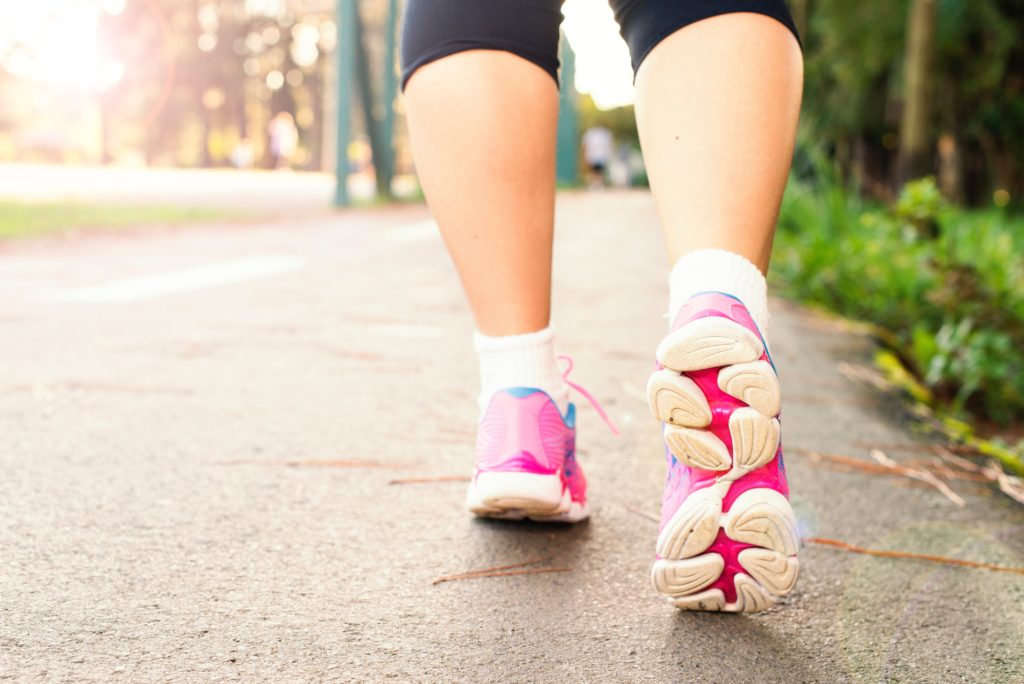GUT BACTERIA THAT CAN BOOST ATHLETIC ENDURANCE?

GASTROENTEROLOGY NERD ALERT:
GUT BACTERIA THAT CAN BOOST ATHLETIC ENDURANCE?
Check out this article from NPR.org about a gut bacteria isolated from elite athletes that was able to make mice more athletic!
“A new study out Monday in the journal Nature Medicine identified a group of bacteria that are more common in athletes, especially after exercise, and may play a role in enhancing athletic performance. The researchers isolated this bacterial strain from elite runners, put it into the colons of lab mice and found that these human-derived bacteria boosted the mouse’s performance on a treadmill exertion test by 13%.”
“Scientists already knew that exercise subtly changes the makeup of our microbiome. Certain strains flourish in the post-workout gut. But scientists hadn’t demonstrated whether any of these exercise-loving microbes actually affect our health or performance.
“If we could identify microbes that do contribute to the health and performance of super healthy people, then maybe we could develop a probiotic to help everyday people perform better,” says Jonathan Scheiman, currently the co-founder and CEO of FitBiomics, who led this study while he was a postdoctoral researcher at Harvard Medical School.
For the research, Scheiman would need a good data set of the gut microbes of athletes. So he solicited Boston Marathon runners for their poop.
“A good two weeks of my life was spent driving around Boston in a Zipcar collecting fecal samples from runners,” Scheiman says. He wanted to compare their microbes before and after running the marathon, and weigh them against the microbiomes of non-runners.
Scheiman handed off the stool samples to his colleague Aleksandar Kostic, a microbiologist at the Harvard Medical School-affiliated Joslin Diabetes Center (Kostic is also a co-founder and science adviser for FitBiomics). Kostic sequenced the bacterial DNA in the stool samples and looked for differences — either in the kinds of bacteria present or their relative numbers — between the groups.
The differences were subtle. “It’s not as though that the microbiome of runners looks completely different from nonrunners,” he says. “But one group of bacteria stood out in runners. Veillonella.”
Veillonella bacteria seemed to be a bit more common in runners than nonrunners, and it became much more common in the guts of runners after they’d run the marathon.
“We were intrigued, but I didn’t know anything about Veillonella,” says Scheiman. “So I Googled it.”
He learned that Veillonella has a fairly unusual way of making a living — it eats lactate, a chemical byproduct of intense exercise that’s associated with fatigue (though, contrary to popular belief, it doesn’t actually cause your muscles to hurt).
Scheiman’s intrigue grew. “Isn’t it interesting that after running a race you have an increase in a kind of bacteria that eats a metabolic byproduct of running a race? … That was a big lightbulb moment,” he says.
…Scheiman isolated Veillonella from the stool of one of the marathoners and transferred it into the guts of normal laboratory mice. As a control, he inoculated another group of mice with a different strain of non-lactate eating bacteria.
Then, the two groups faced off in a series of races to exhaustion run on a mouse treadmill.
The Veillonella-treated mice won. On average, they lasted 13% longer (~18 minutes vs. ~16 minutes across all trials) than the control mice.
“We were pretty surprised to see that big of an effect from a [human-derived] bacteria,” Scheiman says. “Imagine telling a marathon runner that you could improve their performance by 13%. It’d be huge.”
Of course, a 13% boost in one measure of performance in mice does not directly apply to humans. But the researchers wanted to know how bacteria living in the gut (not in muscles or lungs, tissues directly involved in exercise) improved performance in mice so significantly.”
I encourage reading the rest of the fascinating article to learn if an athletic endurance enhancing probiotic will be coming to stores any time soon! In the meantime, our team can help you learn more about optimizing your gut microbiome, nutrition, or our complete weight management program. MANY OF THESE SERVICES LIKELY TO BE COVERED BY INSURANCE – please call us at 224.407.4400 or email us at info@compgihealth.com and we will find out for you!
